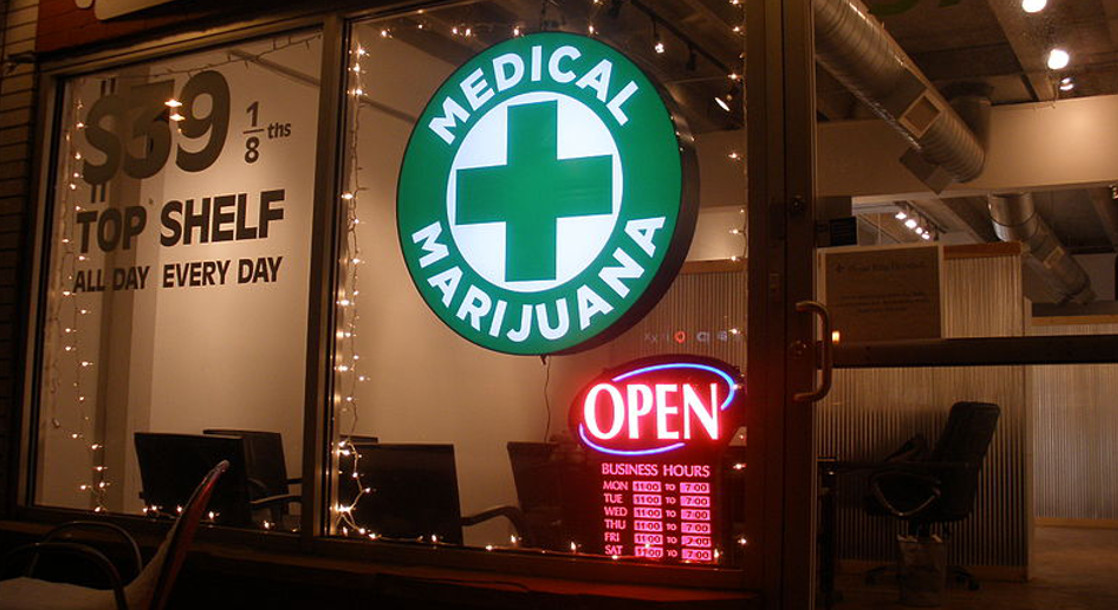In January, the state of Colorado announced a new online registry to allow medical marijuana patients to apply for the state's MMJ program online. However, the rollout of the new registry has not gone as smoothly as expected, and some Coloradans are now facing a six-to-eight week wait for their medical cannabis cards. Three Colorado legislators are now calling on Gov. John Hickenlooper to step in and work to eliminate the state's backlog.
The state's new registry allows patients to register online, and can provide them with their cards within two to three business days. To date, around 23,000 MMJ patients have used the system to register, but a major problem with the online registry is that both the patient and the patient's doctor must be registered, and many doctors have not yet done so. Patients with unregistered doctors are then forced to file a paper application and wait six weeks or more for their card.
“Without medical marijuana cards, our Colorado patients are unable to get the medicine they need,” three Democratic state legislators wrote in a letter to the governor. “Emphysema patients, cancer patients, children with epilepsy and many others have been adversely (affected) by the department’s neglectful disregard for patients. We urge you to get personally involved to correct this injustice.”
Officials for the Colorado Department of Public Health and Environment have said that they expect the current backlog to be resolved by the end of the month, after which the wait for a paper application to be processed will decrease to around 35 days.
“It is unfortunate there has been a processing backlog, and frustrating for patients in the registry or those applying for the registry,” CDPHE spokesman Mark Salley said. “I personally received about 15 phone calls, so I know of the patients’ frustration. I have been assured by a week from today the backlog should be cleared.”
Even if the backlog is resolved, state Rep. Steve Lebsock believes that 35 days is still too long of a wait to receive a medical marijuana card. “It’s just not right for patients to literally wait for months to get their medicine,” he said. “This is literally life and death for some people.”











